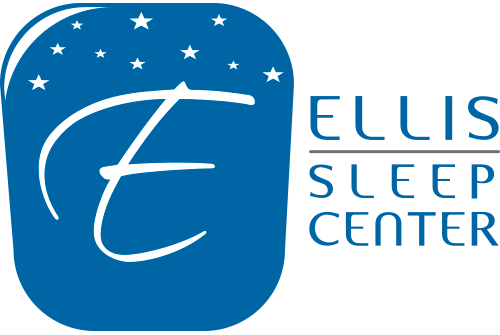Why More Women Are Being Diagnosed with Sleep Apnea, and What to Do About It
Estimated Read Time: 4 minutes
When people think of sleep apnea, they often picture an older man who snores loudly. But here's the truth: women get sleep apnea too and they’re often misdiagnosed or overlooked. In recent years, more women in St. Louis and beyond are discovering that fatigue, brain fog, and mood swings aren't just part of life, they could be symptoms of a serious sleep disorder.
At Ellis Sleep Center, Dr. Holly Ellis specializes in dental sleep medicine for women, offering discreet, effective alternatives to CPAP. This blog explores why sleep apnea in women is often missed, what symptoms to watch for, and what you can do if you're struggling to sleep and function at your best.
How Sleep Apnea Affects Women Differently
While men are diagnosed with obstructive sleep apnea (OSA) more often, women are far from immune. In fact, studies show that up to 1 in 5 women may have sleep apnea, especially after menopause. The problem? Women’s symptoms don’t always fit the “classic” profile.
Instead of obvious signs like loud snoring or gasping for air, women with sleep apnea often experience:
Fatigue or feeling “tired all the time”
Insomnia or difficulty falling asleep
Morning headaches
Anxiety or depression
Forgetfulness or brain fog
Dry mouth or sore throat
Restless sleep or frequent bathroom trips at night
Because these symptoms can overlap with hormonal changes, stress, or mental health issues, many women are misdiagnosed or not diagnosed at all.
What Causes Sleep Apnea in Women?
Several factors can increase the risk of sleep apnea in women:
Menopause: Hormonal changes can reduce muscle tone in the airway.
Weight gain: Fat deposits around the neck or upper airway can narrow breathing passages.
Anatomy: A small jaw, narrow airway, or recessed chin can contribute to airway blockage.
Pregnancy: In some cases, sleep-disordered breathing develops during pregnancy and continues afterward.
Understanding these unique risk factors is the first step toward finding relief.
Why CPAP Isn’t Always the Right Fit
CPAP (Continuous Positive Airway Pressure) is the most commonly prescribed treatment for sleep apnea, but it’s not ideal for everyone. Many women find CPAP:
Bulky or uncomfortable
Hard to sleep with
Embarrassing or inconvenient for travel
Incompatible with facial structures or hairstyles
At Ellis Sleep Center, we believe no one should have to suffer through treatment that doesn’t work for their lifestyle. That’s why we offer oral appliance therapy, a convenient, mask-free alternative to CPAP in St. Louis.
A Better Option: Oral Appliance Therapy
Oral appliances are small, custom-fitted mouthpieces that gently reposition your jaw and tongue to keep your airway open during sleep. Think of it like a nightguard, but one that helps you breathe and sleep deeply.
At our office, Dr. Holly Ellis is a leading sleep apnea dentist in St. Louis MO with extensive training in oral appliances. She works closely with each patient to:
Confirm diagnosis with a home sleep study or physician referral
Design a comfortable, personalized sleep apnea mouthpiece
Ensure long-term comfort and effectiveness with follow-up care
These appliances are ideal for mild to moderate sleep apnea, or for women who “can’t tolerate CPAP” or want a low-profile solution.
Benefits for Women Using Oral Appliances
No bulky mask or air hose
Quiet and discreet
Easy to travel with
Custom-fit for comfort and style
Covered by many insurance plans
From Kirkwood to Clayton, and throughout St. Louis County, women are turning to Ellis Sleep Center for modern sleep apnea solutions that work with their bodies, not against them.
Real Sleep Relief, Right Here in St. Louis
Whether you’re battling fatigue, mood swings, or feeling like you “just don’t sleep well anymore,” it may be time to explore whether sleep apnea is the root cause. The good news? There’s help, and it’s closer than you think.
📞 Call Ellis Sleep Center to schedule a consultation today and take the first step toward better sleep and better health with oral appliance therapy.
